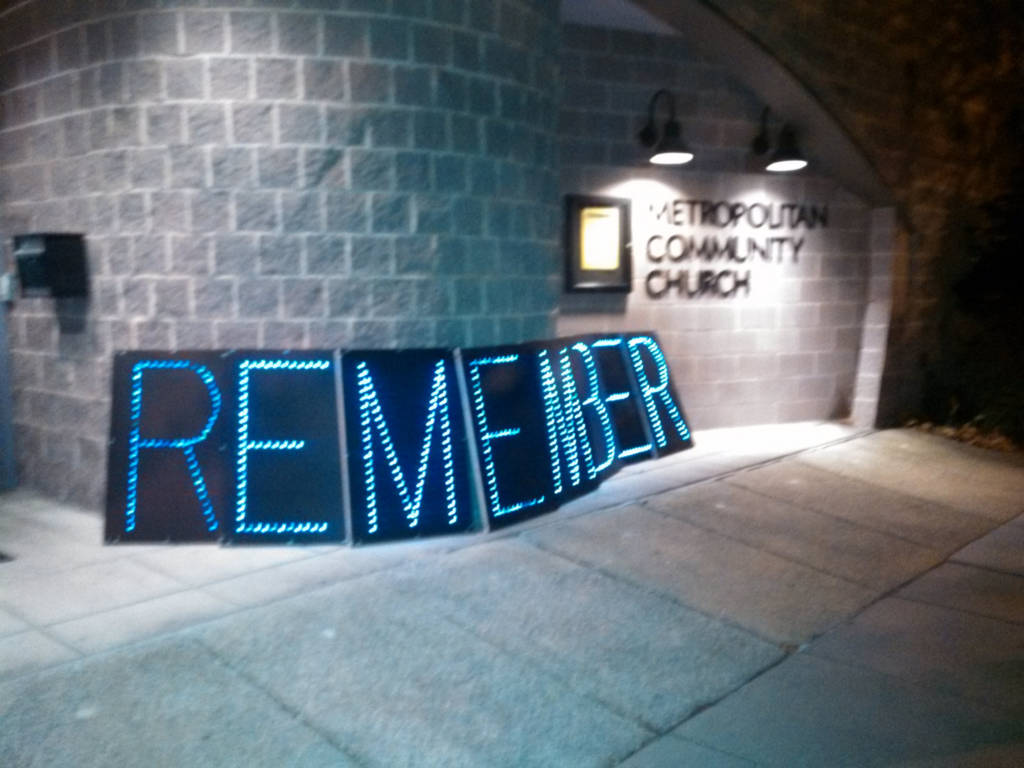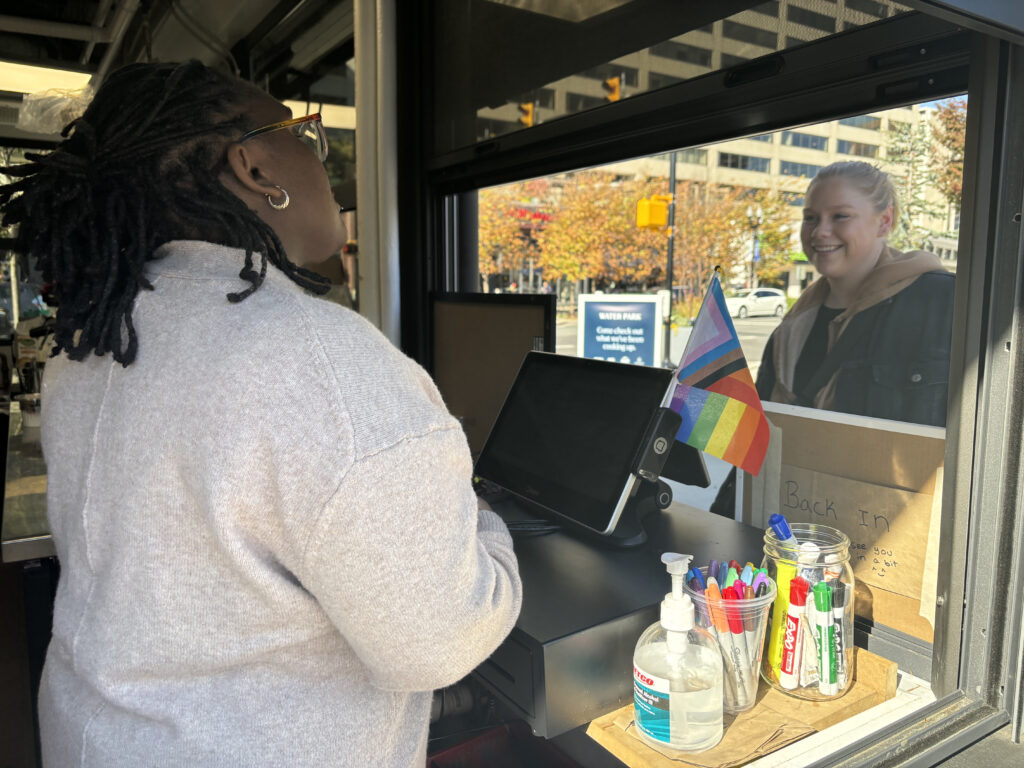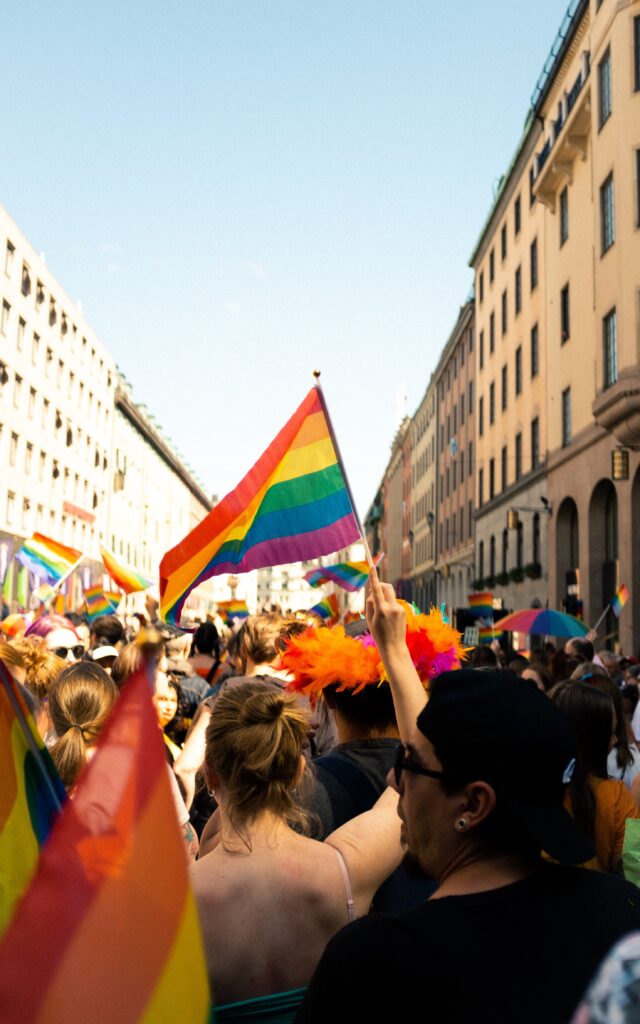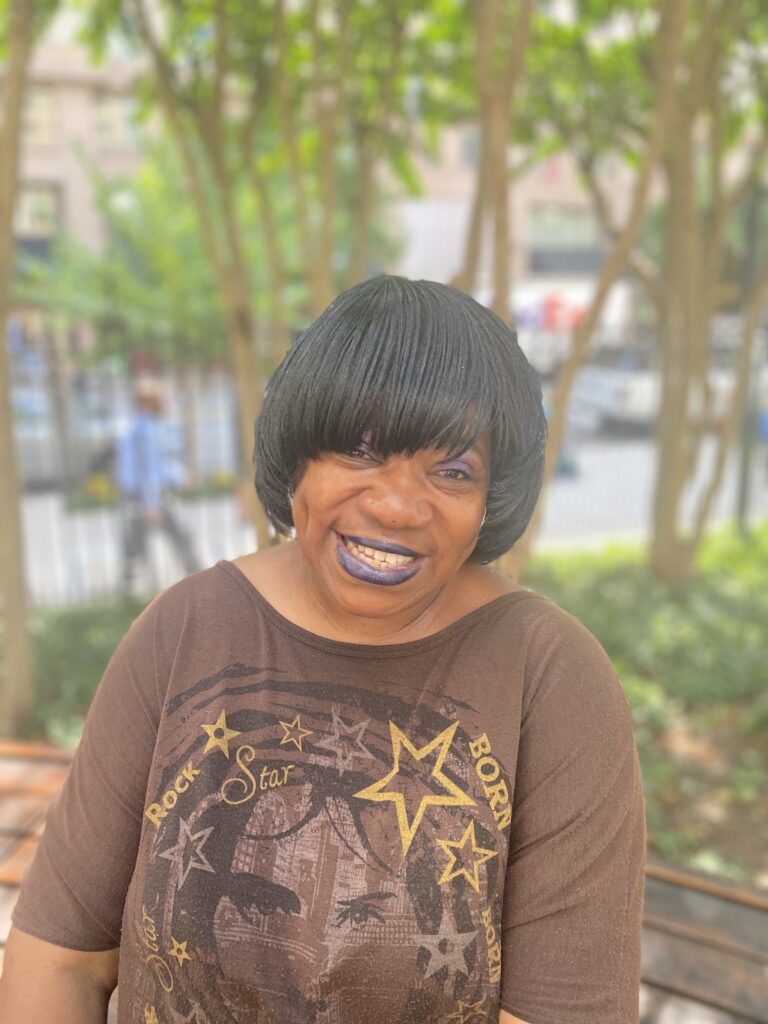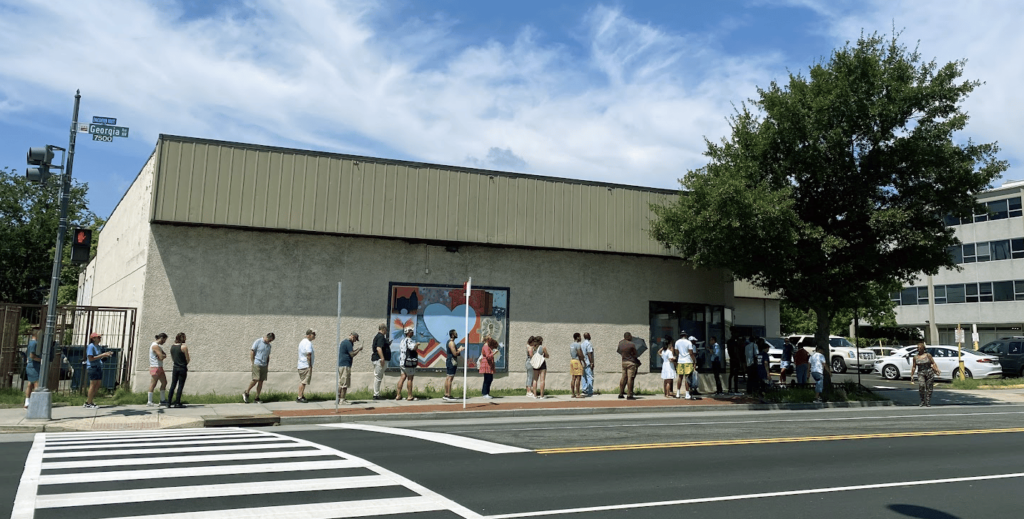The African drumbeat reverberated through the place of worship as selected audience members stood one by one to speak for those being honored and remembered.
“My name is Diamond. I was strangled, suffocated and beaten with a hammer to death on January 6, 2007. My case is closed. I struggled to live, but could not survive. Washington, D.C.”
What was Diamond’s crime? She was a transgender woman, and someone hated her for that.
Justice was served to Diamond’s murderer, but for the families of many hate crime victims, there is no closure. The Metropolitan Police Department reported seven open cases of transgender homicides since the year 2000.
The Transgender Day of Remembrance has been held annually on November 20, since its founding in 1998. The LGBT community and supporters in the District gathered at Metropolitan Community Church to honor the deceased and celebrate their lives.
D.C. Mayor Vincent C. Gray assured attendees that the city council is working to increase employment training for trans people and to make charter and public schools more accepting of LGBTQ young people.
“The Transgender Day of Remembrance marks another year in the struggle to protect the rights of people in the District of Columbia,” Gray said.
DC Fire Chief Kenneth Ellerbe remarked that America has progressed so far in such a short amount of time in terms of transgender rights.
The Japarka “Deoni” Jones Equality Amendment Birth Certificate Act was signed in August 2013, allowing transgender people to change their names and receive a new birth certificate reflecting the gender that they identify with.
“As of today, in the District of Columbia, you can walk in and request a new birth certificate,” said Ruby Corado, founder of Casa Ruby, the only bilingual LGBT center in the District. “You can say the old one was wrong.”
This memorial was not only a chance for District government officials to affirm their support of LGBT rights, but also a religious service.
“The Bible is often used as a weapon,” said Reverend Kim Turner Baker, canon pastor of Washington National Cathedral. “We forget the overarching words that are used to bring us all together in one community.”
Reverend Baker herself has a gay son and a lesbian daughter.
The choir sang gospel songs and the audience lit candles for the transgender people being honored.
When Dana Beyer first attended TDOR 10 years ago, her primary emotion was aloneness, she said. But not this time. She said this time she could feel the love and support of the people in the room.
Family members of the honored felt encouraged by the memorial, like Beverlyn Mack, mother of Joshua “NaNa Boo” Mack, who was killed in 2009. For some, like NaNa Boo’s father, Barry Payton, the grief was too much to bear. Payton was unable to stay until the end of the memorial, because it was like reliving the day his child was killed, Mack said.
“It left all of us really bruised,” Mack said.
Mack is currently seeking counseling for herself and her sons, but has not had success because she lacks insurance. She said she worries that the rest of her family is in danger.
“We’re scared,” Mack said. “All Joshua’s friends who are transgenders come here.”

No transgender people in Washington, D.C. have been murdered this year, said Assistant D.C. Police Chief Peter Newsham.
Organizations such as DC Trans Coalition are working to make “our world and our city” a safer place, said Nico Quintana, an advocate.
“This is not the ending, it’s the beginning. Change is for the better. We’re getting progress done,” said Alonzo Howard, cousin of Japarka “Deoni” Jones.
